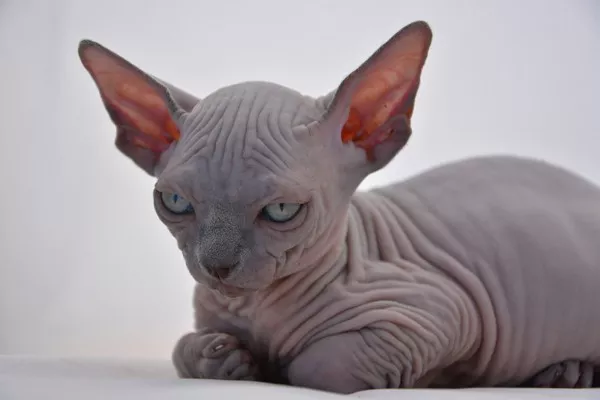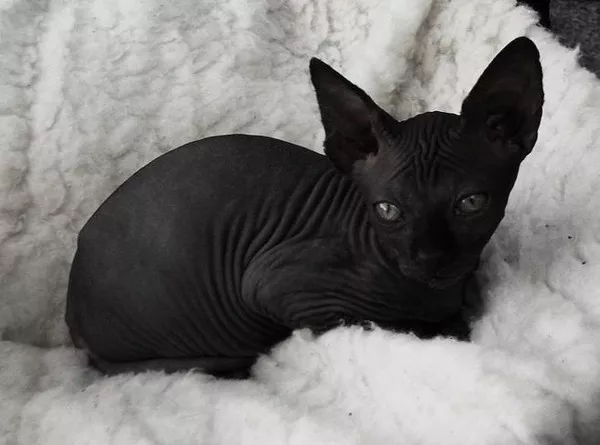Bringing a new pet into your home is an exciting decision, but it also comes with responsibilities and considerations. If you’re considering getting a Sphynx cat, also known as the Canadian Hairless, there are several important factors to keep in mind. This article aims to provide potential owners with a comprehensive guide on what to know before welcoming a Sphynx cat into their lives. From their unique physical traits to their grooming needs and health requirements, we will cover all the essential aspects to ensure a successful and fulfilling experience.
1. Understanding the Breed:
The Sphynx cat stands out due to its lack of fur, wrinkled skin, and prominent cheekbones. Contrary to popular belief, Sphynx cats are not entirely hairless. They have a fine layer of downy fuzz that gives them their signature appearance. Their skin feels warm and soft to the touch. It’s important to note that the Sphynx cat’s lack of fur means they are more prone to temperature sensitivity, requiring special attention in both hot and cold weather.
2. Grooming Requirements:
While Sphynx cats don’t require traditional brushing for shedding fur, they still need regular grooming. Their hairless bodies produce oil, which can accumulate on their skin and lead to skin issues if not properly managed. Regular bathing with a mild shampoo designed for sensitive skin is necessary to keep their skin clean and healthy. Additionally, their ears, nails, and teeth should be regularly checked and cleaned to prevent any problems.
3. Environmental Considerations:
Due to their unique physiology, Sphynx cats are not well-suited for outdoor living. They lack the insulation provided by fur, making them vulnerable to extreme temperatures and sunburn. Creating a safe and comfortable indoor environment is crucial. Ensure your home is adequately heated during colder months, and provide ample shade and cooling options in warmer weather.
4. Socialization and Interaction:
Sphynx cats are known for their friendly and affectionate nature. They thrive on human interaction and crave companionship. If you work long hours or travel frequently, it’s important to consider whether you can provide enough time and attention to meet their social needs. Consider adopting two Sphynx cats if you’re unable to spend significant time with them to prevent loneliness and boredom.
5. Health Considerations:
While Sphynx cats are generally healthy, they may be predisposed to certain health conditions. Due to their lack of fur, they are prone to skin issues, including sunburn and acne. Regular veterinary check-ups are essential to monitor their overall health and address any potential problems promptly. It’s also crucial to keep up with vaccinations, parasite prevention, and a balanced diet to ensure optimum well-being.
6. Special Dietary Needs:
Sphynx cats have high metabolic rates due to their lack of fur, making them more susceptible to temperature changes. This increased metabolism often requires a higher-calorie diet compared to other cat breeds. Consulting with a veterinarian experienced in feline nutrition is important to create a suitable diet plan that meets their nutritional requirements.
7. Financial Considerations:
Owning a Sphynx cat can be financially demanding. In addition to the initial purchase cost, there are ongoing expenses such as food, grooming supplies, veterinary care, and potential medical treatments. It’s essential to assess your budget and ensure you can provide the necessary resources to maintain the health and happiness of your Sphynx cat.
Conclusion:
Bringing a Sphynx cat into your life can be a rewarding and unique experience. However, it’s crucial to understand their specific needs and requirements before making the commitment. From their distinct physical traits to their grooming routine, health considerations, and social needs, Sphynx cats require special attention and care. By being well-informed and prepared, you can provide a loving and nurturing environment for your Sphynx cat, ensuring a lifetime of companionship and joy.

























